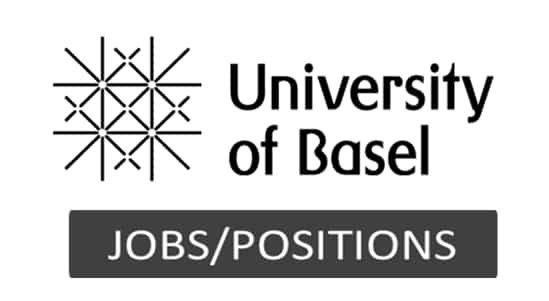Last Date:
The Division of Molecular and Systems Toxicology at the University of Basel is offering a PhD student position to investigate substances altering corticosteroid hormone action.
Your position
Corticosteroids regulate essential physiological processes. Substances altering their production, cell-specific metabolism or receptor-mediated signalling can aggravate various diseases including inflammatory, cardio-metabolic as well as developmental and reproductive disorders. Despite the high interest in identifying endocrine disrupting chemicals (EDCs), the identification and characterization of substances disturbing corticosteroid action and elucidation of their mechanism-of-action is a largely neglected topic.
The present project is a collaborative effort with four other partners to study chemical-induced steroid perturbations. The project is financed by the Swiss Centre for Applied Human Toxicology. The aim of the project is to establish and apply methods and cell-based assays to assess chemical-induced alterations in glucocorticoid pre-receptor enzyme activity and regulation. Promoter-reporter cell lines will be generated for HSD11B1, converting inactive cortisone to the potent glucocorticoid cortisol, and HSD11B2, catalysing the reverse reaction. Enzyme activity assays that are already established will be applied to test for direct inhibitory activity of compounds. Cell lines stably expressing either these promoter-reporter constructs or glucocorticoid receptor (GR) reporter plasmids will be constructed. Cell lines of interest include placental JEG3, colon SW620, and renal RCCD2 for HSD11B2, and hepatic and macrophage cell lines for HSD11B1. Compounds that will be included in the analyses comprise PFAS, phthalates, bisphenols, UV-filters and parabens. Depending on activity and relevance from literature, the most promising active compound(s) can be further investigated in additional cell models or in animals. Methods applied include cell culture, transfection and gene expression analyses, molecular cloning, receptor function analyses, and enzyme activity measurements.
The successful candidate should have basic experience in working with cell culture and in biochemistry/molecular biology methods. The successful candidate will be integrated in an international research group. We employ a multi-disciplinary approach and look for a highly motivated, interactive team player.
Your profile
- MSc in the field of Life Sciences
- Basic experience in application of biochemistry/molecular biology methods
- Basic experience in cell culture
- Fluent communication in English, written and oral
- Highly motivated, interactive team player
We offer you
- PhD student position (achieve PhD within a time frame of 4 years)
- Training into the key techniques
- International research environment
- Participation in PhD program Pharmaceutical Sciences
- Integration in Swiss Centre of Applied Human Toxicology network
Application / Contact
Applications should include a full CV, a short motivation letter, copies of degrees and qualifications and the names/contact data of at least two referees. For general inquiries please send an email to Christiane.Kocher@unibas.ch.
Please note that we exclusively accept applications submitted through our online application portal.
Applications via email, postal services or agencies will not be considered.






